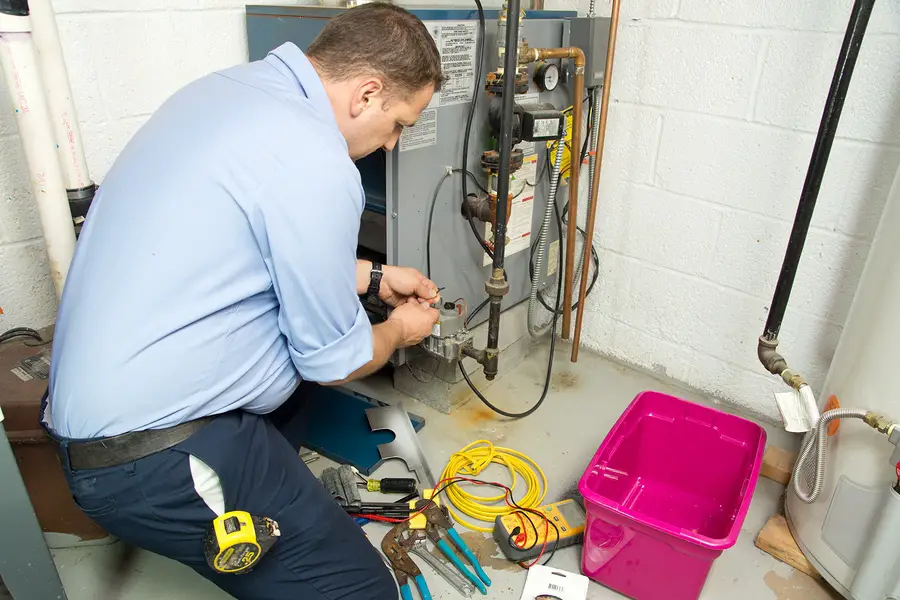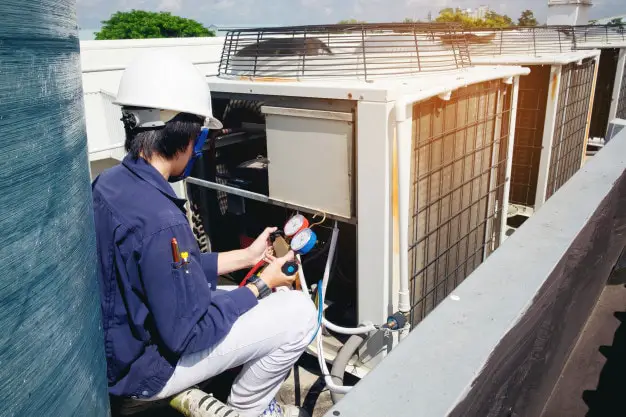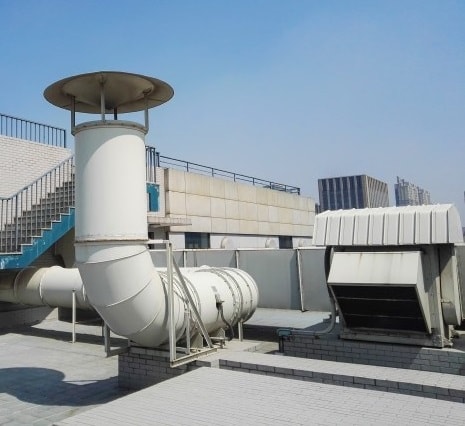Before you choose an HVAC program, it might be beneficial to know about the different specializations of the field and which one you would prefer to work in, and which specialized HVAC classes you should take.
This article will walk you through the various things you should take into consideration before making your decision.
Heating
There are many different kinds of heating systems that one may learn to install or maintain. Central heating is a very popular heating system, especially in those areas of the nation where it doesn’t just get cool in the winter, it gets freezing.

Such systems can be installed in any sort of building whether it is a single family home or a large company owned business building. Regardless of the size, the basics of heating are the same. Central heating is called central heating because the boiler, furnace, or heat pump will be located in a central location of the building.
These devises are used to heat water (hydronics), steam, or air that will be distributed equally around the house by a forced air system, ductwork, or piping. Usually a radiator is used to transfer the heated fluid into air before it blows through the vents and into the room.
Air-conditioning
An air-conditioning system is really a lot more complex than most people think. Usually people just think of cool air coming out of the vents and that’s air-conditioning, but really air-conditioning is concerned with cooling the air off, diminishing the humidity, and ventilating the area. When all these aspects come together, we get what is known as the “refrigeration cycle.”

Basically, the refrigeration cycle works by transferring all the unwanted heat and humidity from the inside of the building to the outside of the building. It all begins with a compressor that takes refrigerant gas (like Puron Refrigerant or Freon) and gets it up to a high temperature and pressure.
The air flows to a condensing coil where energy is released outdoors and the refrigerant gas becomes liquid (which would account for those leaky air-conditioners that drip on the sidewalk). The liquid then flows into a second coil (this time an evaporating coil), at a much lower temperature than the first time. The liquid evaporates and absorbs heat before the whole process starts over again.
Ventilation
The easiest way to understand how important ventilation is, is to think about the last time you were at a bar where it seemed like there was no outlet for the cigarette smoke. By the end of the night your eyes were red and you could barely see the drink in front of you. Another example would be a smelly bathroom. Hence, the importance of ventilation.

Ventilation can be executed in one of two ways: mechanical or natural. Mechanical ventilation uses an air handler to remove bad smells, filthy air particles, and even humidity. Sometimes this is done by dilution and sometimes the air is replaced with fresh air from the outdoors.
Many things can be considered mechanical ventilation; things like ceiling fans, the fan above your stove, or the mechanical exhaust in your bathroom fall into this category. Natural ventilation can be achieved by letting hot air rise and release itself outside through strategically placed openings high up, and letting cool air come in through strategically placed openings below. Of course something as simple as an open window may also be considered natural ventilation.
Now that you know a little bit about each specialization, you can better understand what specialty to choose when obtaining your HVAC license.
